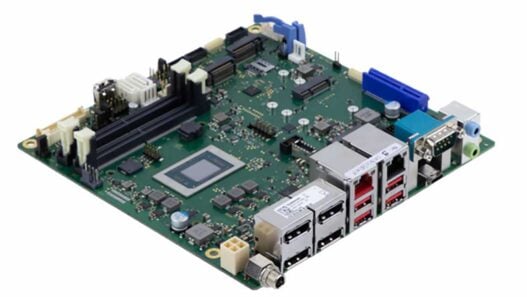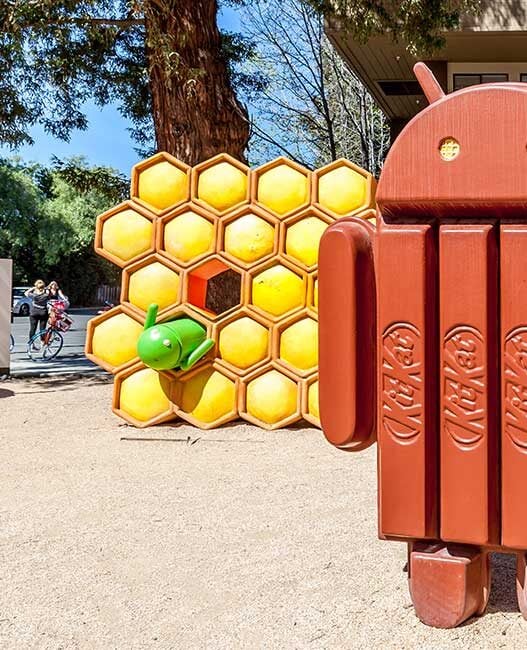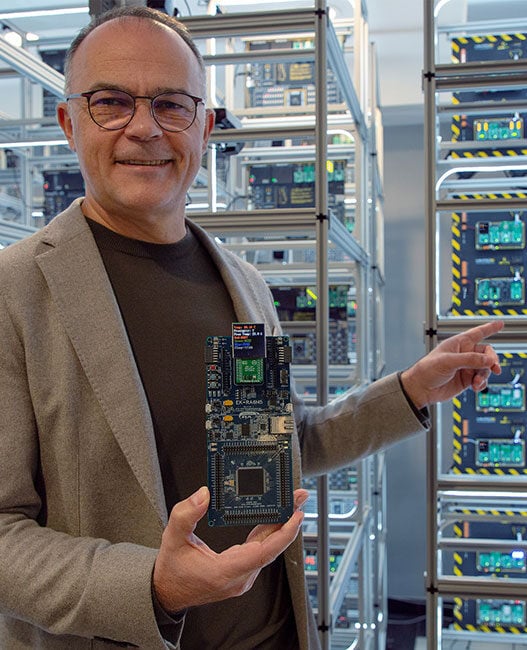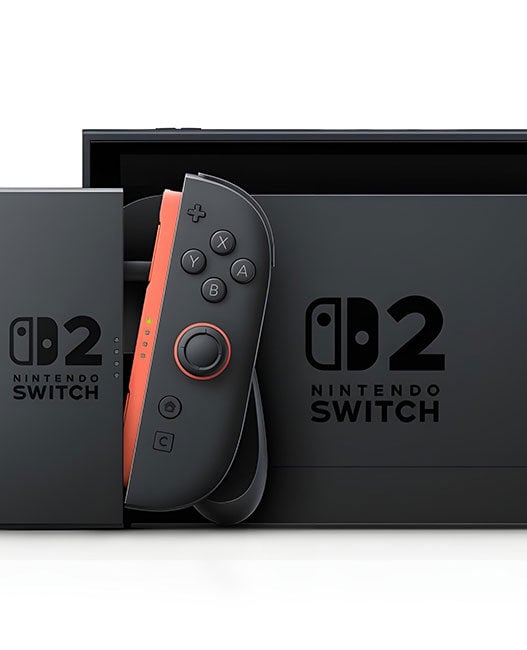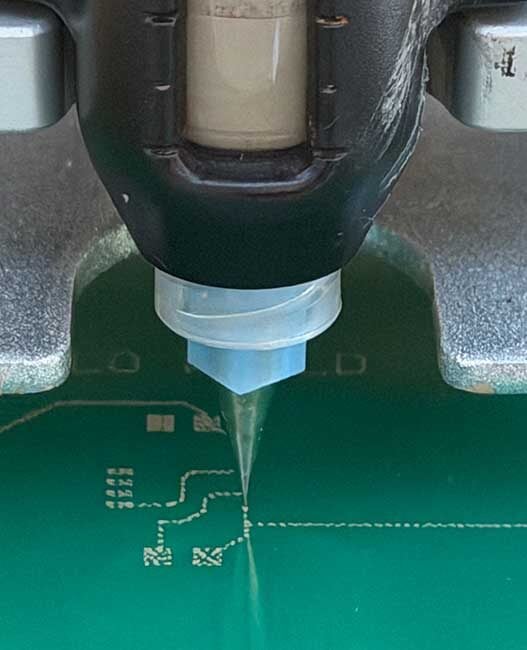The CELUS Design Platform automates component search and schematic generation, enabling quicker, more accurate designs while capturing all technical requirements and other objectives. The CELUS Design Platform’s proprietary AI algorithms then analyze specs and capabilities of available components to offer guided suggestions.
The new CELUS Design Assistant provides idea-to-canvas capabilities by creating full projects from a simple image or text command.
Designers can now simply tell the CELUS Design Platform to “build a robotic arm” and an AI-enabled “assistant” will create a system architecture required to satisfy the project. The user than chooses a top-level component based on their preferred vendor, for instance and a complete schematic of that design will be created ensuring compatibility, reducing risk and minimizing the time from plan to revenue.
“With the new CELUS Design Assistant, a spark of imagination is all that is needed to bring electronic design ideas to fruition,” says Tobias Pohl (pictured), co-founder and CEO of CELUS. “Simply input your thoughts into the CELUS Design Assistant and our natural language models and AI algorithms will scour millions of components to create a menu of options to begin designing your device. CELUS will then guide your design journey by generating a high-level design based on preferences you choose.”
“We can take engineers from a napkin sketch all the way into a complete bill of materials and a complete schematic in a matter of minutes instead of weeks or months of work, says Pohl.
“That allows an engineer to spend time where they want to on for instance optimizing a design, finding what is best. If you’re more of a software guy, you can spend your energy on software and so on.”
Using the robotic arm as an example Pohl explains, “So we’ll need a microcontroller, let’s say with an accelerometer and two motor controllers, and we should probably add a positon sensor, and a power supply. You can get to the first prototype very quickly. We regularly go into meetings where an engineer realises the potential, and 20 minutes later we give them a complete schematic.”
“Now not all engineering projects will take 20 minutes, engineers will want to take their time on areas they care about, for example is it the right microcontroller, and there may be software applications and implications that have nothing to do with their hardware,” adds Pohl. “But I would be willing to bet that for a simple design engineers could go from first idea and whiteboard sketch to a first board being sent to a manufacturer in less than 24 hours.”
“Simple designs will be done much quicker,” Pohl continues, “But you can do much harder designs that you could have done before, or a junior engineer that doesn’t have much experience which components out there can get up to speed much faster. So like where an engineer with 30 years of experience under their belt. They just know some components that they would use for a specific application. The young engineer three years out of university doesn’t. And they can get into kind of that spot where they actually can apply their knowledge instead of just reading data sheets much faster.”
Benefits of using the CELUS Design Assistant include:
- Ease of use – reduce the complexity of electronic design by navigating through a guided journey intended to help make the most appropriate choices for any given project.
- Reduced risk – suggested components have been identified to work as intended with other recommended components, ensuring that the product will perform as intended.
- Accelerate time to market – eliminating guesswork and research required of traditional component sourcing simplifies the design process and allows companies to generate revenue faster.
- Leverage CELUS expertise – get access to thousands of components cataloged as part of the CELUS Design Platform with the ability to sort criteria based on supplier, price and availability.
The new AI-empowered Design Assistant is currently under limited availability for select CELUS customers with general availability expected in Q2 2025



